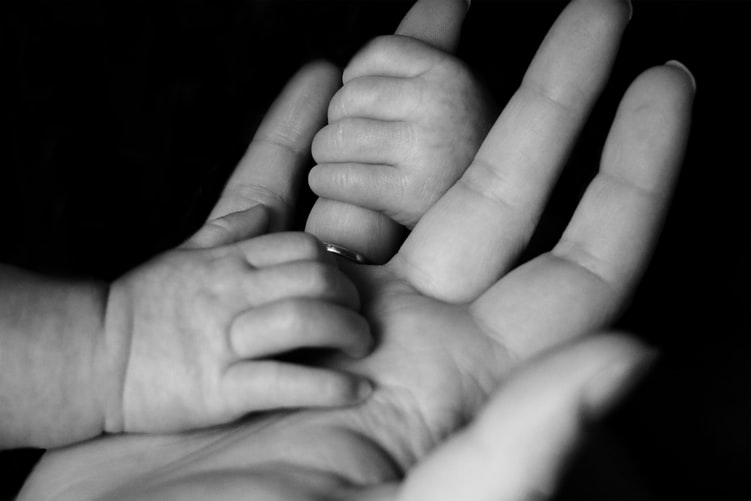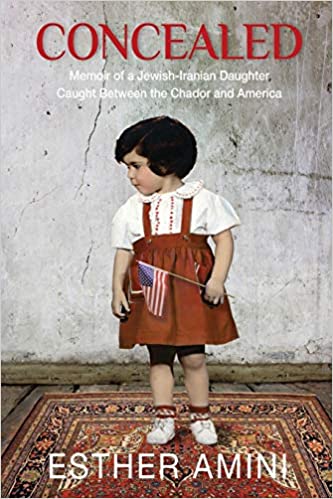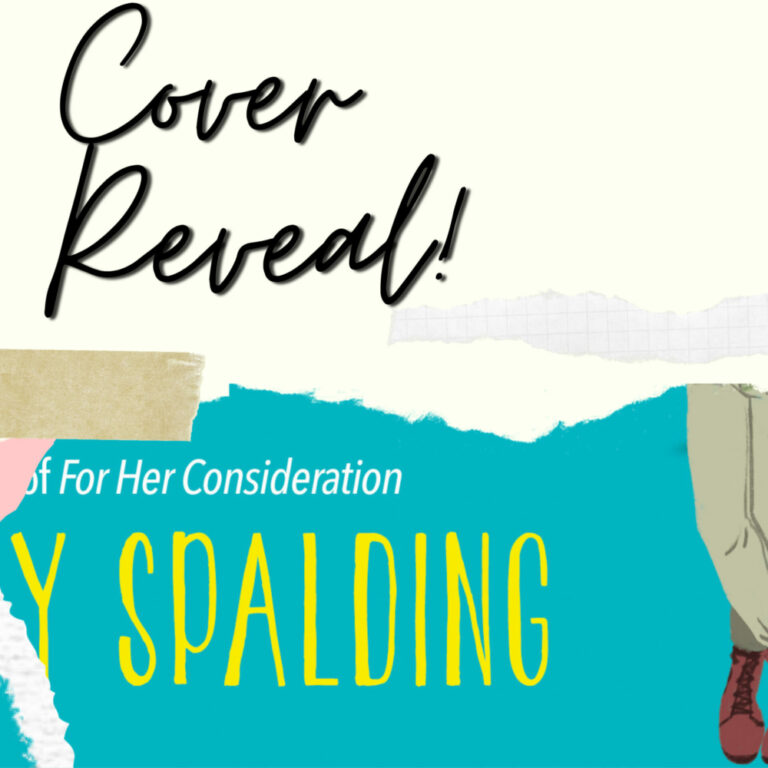[Note from Frolic: We’re so excited to welcome author Esther Amini to the site today. Take it away, Esther!]
In all her gutsy glory, my Persian mother didn’t receive the prominence she was due.
You see, Mom was an underground Jew; an orphan born in the Iranian city of Mashhad and raised by her stepmother. Esther, her biological mother who I was named after, died while giving birth to her. And her father perished from tuberculosis when she was only two-years-old. Never knowing her mother, father, or even having a glimmer of their memory, Mom grew up feeling gypped out of parents and often blamed Iran for blighting her young life. In Mashhad, girls were married off at a very young age, so when Mom turned 14, she was forced to marry my 34-year-old father. She protested. She had never agreed to marry, had never given her consent, but in Mashhad female dissent was meaningless. Once again, she felt cheated: not allowed to choose and chart her own life.
Due to life-threatening anti-Semitism, my Jewish parents lived a duplicitous life in Mashhad, pretending to be other than who they truly were. Outside, on the street and in the open marketplace, Mom would peer through eye slits, cloaked from head-to-toe behind a thick black chador while Pop prayed from the Koran in public squares, each posing as Muslim. Within the secrecy of their home, they were devout Jews.
Right after World War II, my mother took a firm stand and dragged her husband, twenty years her senior, and two young sons out of Iran, embarking on an exodus of her own. She spearheaded their arduous journey from Iran to Afghanistan, then to India, and eventually arrived in New York where she settled her family. Thanks to Mom’s steely and unwavering courage, I, her third child and only daughter, was born in the States. If not for her, I would never have been raised here, in America, free to live unveiled, show my face, attend school—free to be me.
However, growing up I didn’t quite feel this way. I thought Mom and I were a mismatch, dramatically different from one another. She had a driving need to be the best backbreaking housewife who ever lived. By out-cleaning, out-cooking, she outshined all other wives. Striving for perfection as she tackled domestic chores seemed foolish, trite—a waste of life to me. While she stood on top of a ladder, triple-checking ceiling moldings in search of a missed speck of dust, I vanished into Moby Dick, Popular Mechanics, whatever printed matter I could lay my hands on. The more she scraped and scoured our spick-and-span home, the more I dove into schoolwork, disappeared into textbooks, acing each and every exam.
As a first grader attending P.S. 99, I wanted to be like all the other American children in my class. And more importantly, I wanted her to be just like the other neighborhood Kew Gardens, Queens, mothers. I wanted Mom to read, write, and help me with my homework. She couldn’t. Having never attended school in Iran, forbidden to enter a classroom, my mother remained illiterate.
By my teens, I had renounced her, telling myself she was vapid and vain—just a random, reckless person I happened to be born from with no real relation to me. She was loud, sharp-witted, latchless, and emphatically visible. I, her polar opposite, navigated my path concealed, seeing much and saying little.
Although Mom seemed untranslatable, that didn’t keep me from trying.
Over time, I discovered I was mistaken. How often I harness her energy, her audacity. She is the orange flame that burns within me. It was she who was hellbent on leaving Iran. It was she who dragooned her husband twenty years her senior, and their two young sons to America. And it was Mom, the sparkplug, the engine of unflappable can-do’s that settled her family in New York City. It was Mom who would lecture her Persian female friends, first reprimanding, then coaching housewives to stand up for themselves in marriage. Mom, a woman way ahead of her time, advocating social, legal, and economic rights equal to men, without ever knowing that today she would be called a feminist.
Bold, brash and daring—a Persian pilgrim, the lifeblood of our family, with multiple pasts. Her self-defining ethos: You’re not the boss of me, as she barreled on, contesting convention.
Mom thumps in my chest when I’m drawn to aching hearts, unbridled tongues, and law-breaking rebels. Coming from a city and culture where women were not heard, she, a child bride, modeled defiance. And for that, on Mother’s Day and every other day of the year, I am eternally grateful. A keeper of her flame.
About the Author:
Esther Amini is a writer, painter, and psychoanalytic psychotherapist in private practice. Her short stories have appeared in Elle, Lilith, Tablet, The Jewish Week, Barnard Magazine, TK University’s Inscape Literary, and Proximity. She was named one of Aspen Words’ two best emerging memoirists and awarded its Emerging Writer Fellowship in 2016 based on her memoir entitled: “Concealed.” Her pieces have been performed by Jewish Women’s Theatre in Los Angeles and in Manhattan, and was chosen by JWT as their Artist-in-Residence in 2019. Esther Amini lives in New York City with her husband. Concealed is her debut memoir.
Concealed by Esther Amini, out now!
Esther Amini grew up in Queens, New York, during the freewheeling 1960s. She also grew up in a Persian-Jewish household, the American-born daughter of parents who had fled Mashhad, Iran. In Concealed, she tells the story of being caught between these two worlds: the dutiful daughter of tradition-bound parents who hungers for more self-determination than tradition allows.
Exploring the roots of her father’s deep silences and explosive temper, her mother’s flamboyance and flights from home, and her own sense of indebtedness to her Iranian-born brothers, Amini uncovers the story of her parents’ early years in Mashhad, Iran’s holiest Muslim city; the little-known history of Mashhad’s underground Jews; the incident that steeled her mother’s resolve to leave; and her parents’ arduous journey to the U.S., where they faced a new threat to their traditions: the threat of freedom. Determined to protect his daughter from corruption, Amini’s father prohibits talk, books, education, and pushes an early Persian marriage instead. Can she resist? Should she? Focused intently on what she stands to gain, Amini comes to see what she also stands to lose: a family and community bound by food, celebrations, sibling escapades, and unexpected acts of devotion by parents to whom she feels invisible.
In this poignant, funny, entertaining, and uplifting memoir, Amini documents with keen eye, quick wit, and warm heart how family members build, buoy, wound, and save one another across generations; how lives are shaped by the demands and burdens of loyalty and legacy; and how she rose to the challenge of deciding what to keep and what to discard.













